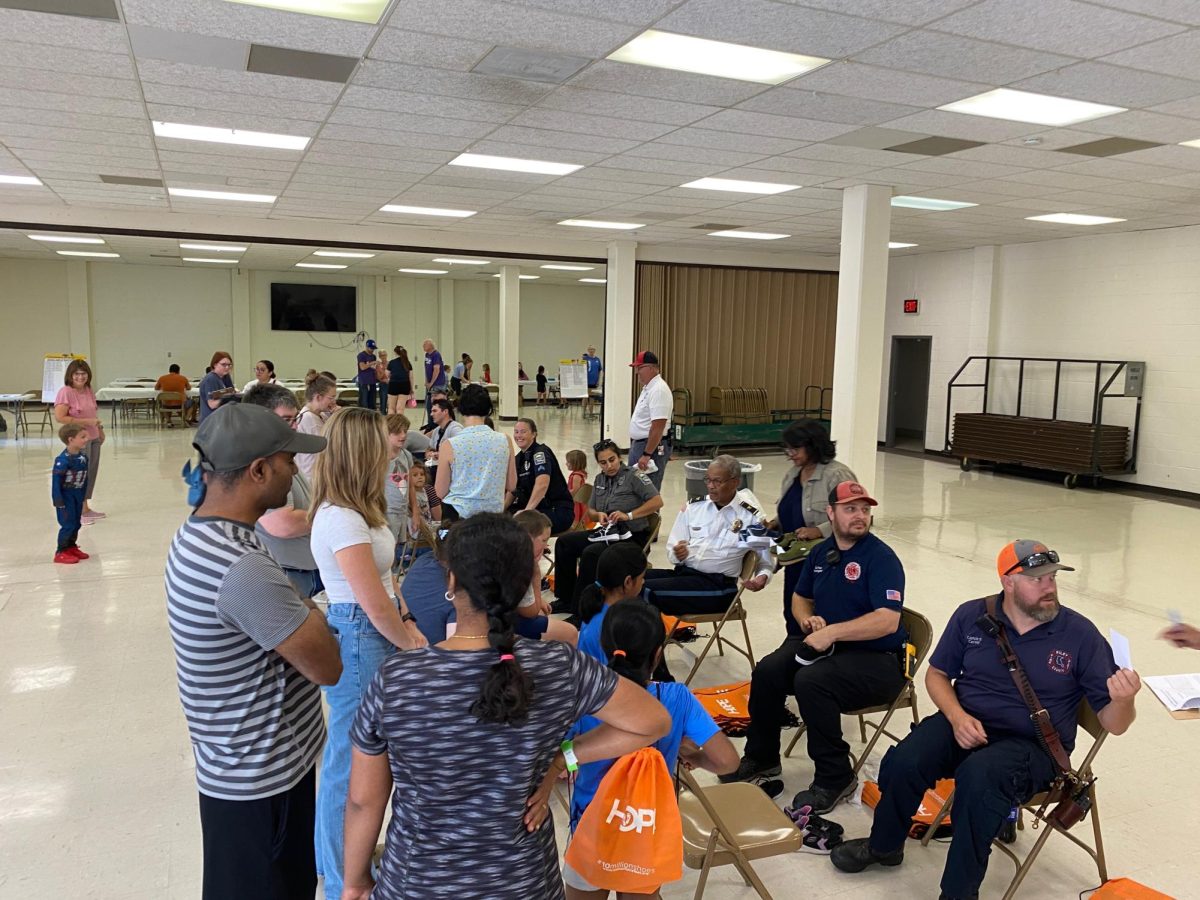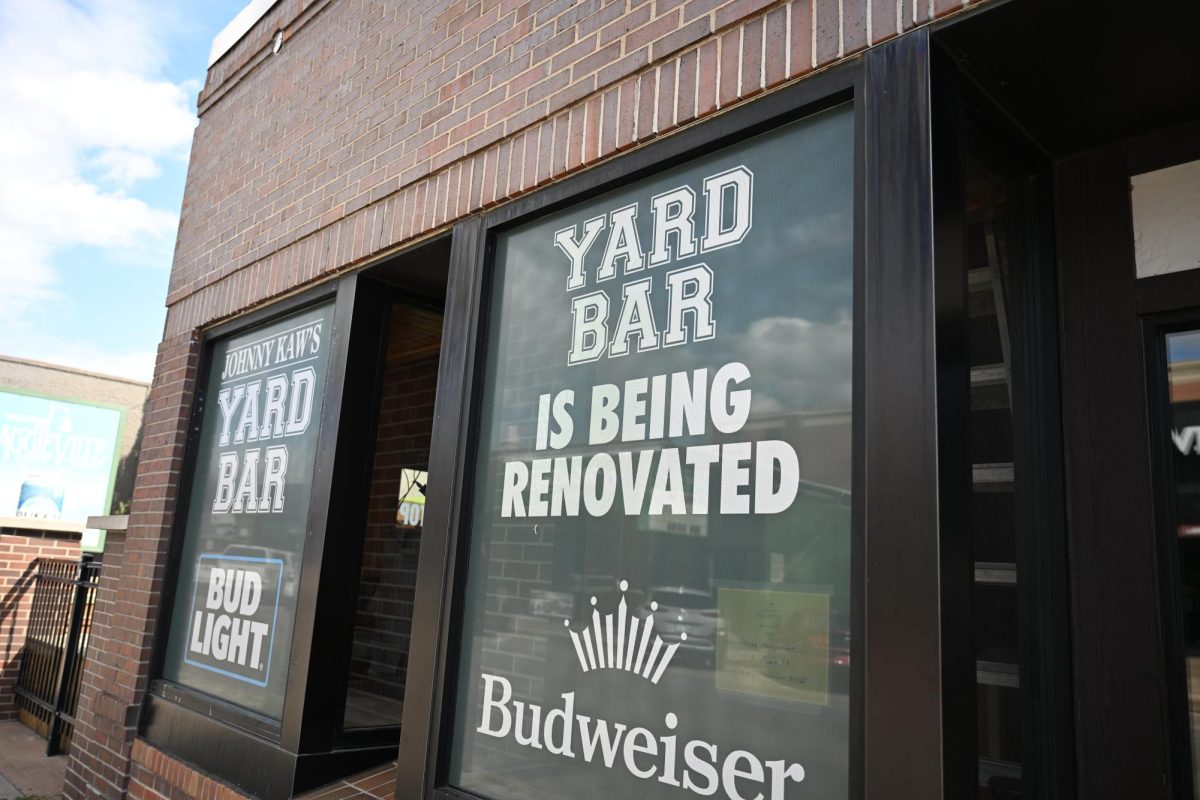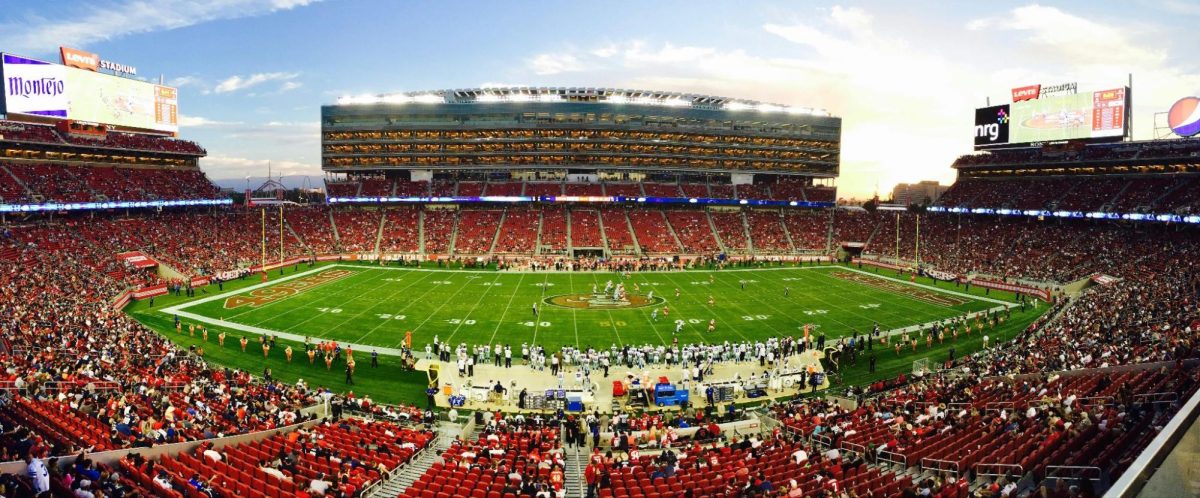When you’re diving into the world of search engine optimization, you’ll hear about on-page and off-page SEO. Both play crucial roles in helping your website rank higher in search engine results, but they focus on different aspects. Understanding the difference can help you decide where to focus your efforts for better visibility, more traffic, and higher conversions.
On-Page SEO Key Components
On-page SEO refers to the strategies and techniques you implement directly on your website to improve its search engine ranking. It includes everything you can control within your site, from content to HTML structure.
Some key components of on-page SEO include:
- keyword optimization – using relevant keywords in your titles, meta descriptions, headers, and content;
- content quality – offering valuable, informative, and engaging content to your audience;
- URL structure – clean, descriptive URLs that indicate what the page is about;
- internal linking – connecting different pages on your site to boost relevance and guide visitors through your content;
- mobile optimization – ensuring that your website is responsive and performs well on mobile devices.
On-page SEO is about making your site both user-friendly and search engine-friendly, ensuring that search engines can easily understand and index your content.
Off-Page SEO Strategies
Off-page SEO, on the other hand, refers to everything you do outside of your website to improve its position in search engine rankings. It’s about building your site’s reputation, authority, and trustworthiness through external signals. While on-page SEO ensures your site is structured well, off-page SEO focuses on building relationships and trust with other websites and users.
A major component of off-page SEO is link building. When other reputable sites link to your content, search engines interpret this as a vote of confidence, suggesting your content is valuable and relevant.
Here’s a closer look at what makes up off-page SEO:
- backlinks – quality links from reputable websites pointing to your content;
- social media engagement – active sharing and interaction on social platforms can drive traffic and build brand awareness;
- brand mentions – even unlinked mentions of your brand across the web can impact your SEO;
- guest posting – writing articles on other sites with links back to your own.
These off-page activities contribute to your site’s authority and trustworthiness in the eyes of search engines. The more reputable sources that link to or mention your site, the higher your chances of ranking well.
On-Page and Off-Page SEO Agency
When it comes to SEO, choosing the right agency can make all the difference in your site’s performance. Whether you’re looking to improve on-page elements or build off-page authority, a specialized SEO agency can help streamline the process.
For example, Netpeak Agency is an expert in both on-page and off-page SEO strategies. They offer tailored solutions to ensure that your website is optimized to its full potential, driving traffic and boosting rankings. From keyword research and content optimization to backlink strategies and social media engagement, Netpeak’s comprehensive approach to SEO can help you achieve long-term success online.
Conclusion
On-page and off-page SEO are both essential for improving your website’s visibility in search engine results.
To see real improvements, you need a balanced approach that combines both on-page and off-page SEO. Working with experts like Netpeak US can give you the tools and strategies needed to fine-tune both aspects for better performance in search engines.


















































































































